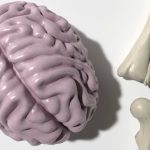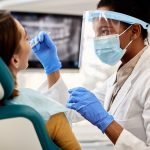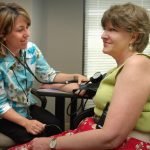Groundbreaking blood test for chronic fatigue syndrome achieves 91% accuracy
A medical breakthrough has been announced in the diagnosis of Myalgic Encephalomyelitis/Chronic Fatigue Syndrome (ME/CFS), a condition often characterized by extreme fatigue.
An international research...
Climate change and your heart: what you need to know
We all know that climate change affects the environment. What's becoming increasingly clear is that it's also a major health issue—specifically for heart health.
Experts...
Scientists find new way to detect brain blood circulation problems
Researchers from Boston University have made significant strides in the field of brain imaging with the introduction of Bessel beam two-photon microscopy, as published...
Scientists find a better way for postpartum birth control
When it comes to birth control after pregnancy, people usually think of condoms or birth control pills.
However, a new study from UC Davis Health...
7 things to know about dental care during your pregnancy
What do your teeth and gums have to do with pregnancy?
Plenty, says Stephanie Young, M.D., an obstetrician gynecologist at the University of Michigan Health Von Voigtlander...
Women on blood pressure meds face higher heart risks
High blood pressure can be a ticking time bomb for heart issues.
Beta-blockers are often the go-to medication to keep it in check. But scientists...
Scientists find new drug to treat inflammatory bowel disease
Researchers have discovered an interesting "brake" mechanism in the immune cells of our gut that could be key to treating inflammatory bowel diseases like...
1 in 3 UK female surgeons suffer from sexual assault
A recent study reveals shocking numbers of sexual assault and harassment in the UK's surgical field, marking what some are calling a "MeToo moment"...
Treating high blood pressure may lower dementia risk, says new study
Latest Research in JAMA Network Open Offers Hope for Aging Adults
A recent study published in JAMA Network Open has found that antihypertensive medication can...
Scientists find the key to treating colon cancer
New research from the University of Alberta could change the way we approach one of the deadliest forms of cancer: colorectal cancer.
The study, published...










